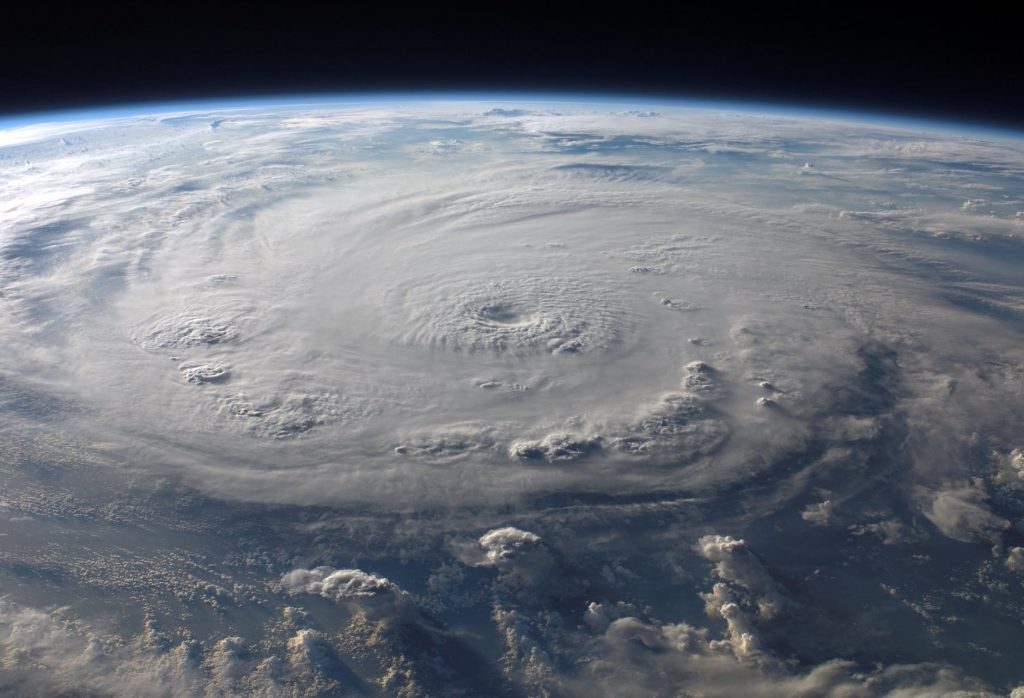Storm Recovery
Our attorneys are relentless in their search for every resource you and your business need to rebuild and recover. If you have any questions or concerns please feel free to contact our team at info@chehardy.com.
Chehardy Sherman Williams Hurricane Preparedness Q & A
- What important personal documents should you have together before hurricane season or an impending evacuation?
- What can you do before a storm to ensure your assets are covered should they be damaged by the storm? (i.e., taking photos with a timestamp before a storm hits)
- What is the difference between a Federal Emergency and a Disaster Declaration?
- How do I prepare my small business before a hurricane?
- How do I apply for a disaster loan?
- What am I responsible for in terms of my employees?
- Can you be arrested for not complying with an evacuation order?
- My relative is in a nursing home in an evacuation area. What can I expect to happen to them?
- Does insurance cover my hurricane damage? What about flooding?
- Who is responsible for the fallen tree?
- Should I contact the insurance company without an attorney?
- What if I don’t like the insurance company’s settlement offer?
- What is the Katrina Rule?
- How do I ensure I have a clear title on my home?
- What types of assistance are available after a major disaster?
- How can clients get in touch with their attorney following a storm?
5 Things To Do After The Storm
Hurricane and Flood Insurance Claims:
Many homeowners in the area sustained hurricane damage to their homes. Others also experienced flooding. Prior work with clients on their hurricane and flood insurance claims revealed that proper documentation and organization of claims made a huge difference in their outcome. In preparation for your hurricane and/or flood insurance claim, here are some things you should do after the storm:
- Contact your insurance agent or company and report your claim. You must give prompt notice of your loss.
- Document, document, document. Take pictures of everything. Keep receipts of all hurricane and flood related expenses.
- Separate damaged from undamaged property. Do all you can to protect undamaged property, including your home and its contents.
- Make a detailed list of damaged contents (item, brand name, model number, cost, etc.). This will be used with the proof of loss or similar statement submitted for your claim.
- Prepare yourself for the claim process. Finalization and payment of your claim does not happen immediately. It is more akin to a marathon rather than a sprint.
Federal Government Hurricane Assistance (FEMA & SBS) for New Orleans, LA
Hurricane Ida has created challenging conditions for many businesses throughout the State. Federal government assistance could play a vital role in your recovery plan.
Three Things Policyholders Need to Know
We hope this finds you and your family safe. Now that Hurricane Ida has passed, the rebuild begins.

